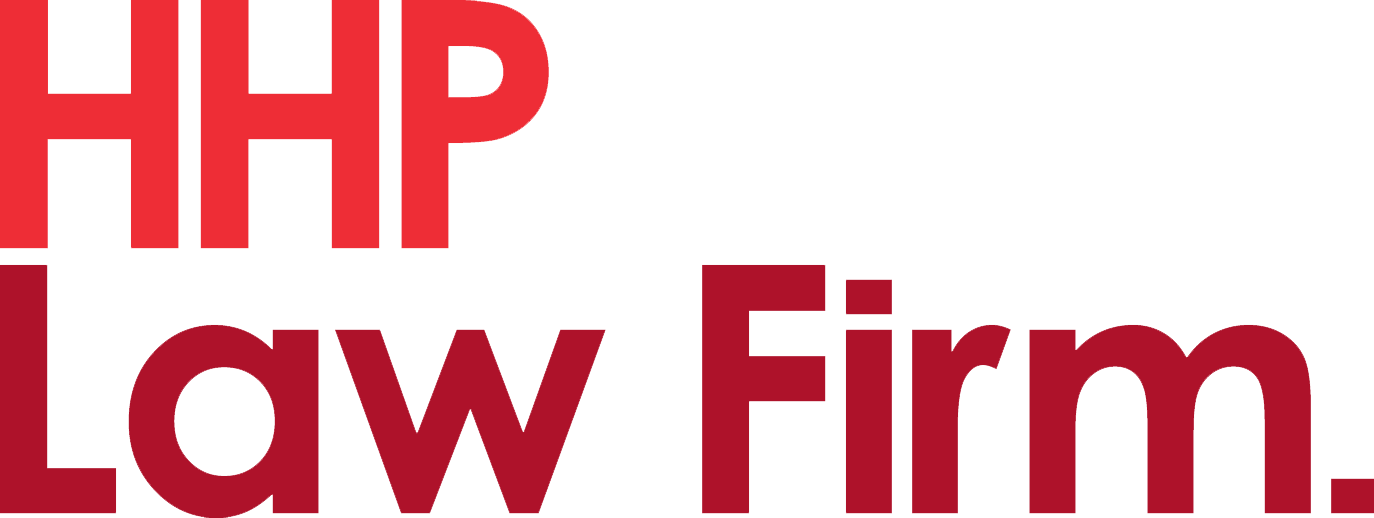In brief
On 20 December 2022, the Indonesian government issued Government Regulation No. 55 of 2022 on the Adjustment of Regulations in the Field of Income Tax (“GR 55/2022“). This regulation is one of a series of government regulations issued in December 2022 as the implementing regulations of Law No. 7 of 2021 on Tax Regulation Harmonization (“HPP Law“). Several regulations related to income tax (i.e., GR 18/2009, GR 23/2018, and GR 30/2020) are no longer valid, and have been consolidated through the issuance of GR 55/2022. GR 55/2022 mainly provides confirmation and a detailed explanation of income tax provisions under the HPP Law. These include income tax on benefits-in-kind, anti-tax avoidance measures, and international tax agreements. GR 55/2022 stipulates that benefits-in-kind are now subject to income tax for the employees and can be treated as a deductible expense for the employer. GR 55 also stipulates the legal basis for the implementation of OECD Pillar One and Pillar Two.
In this alert, we discuss some of the provisions stipulated in GR 55/2022.
In depth
I. Income tax on benefits-in-kind
Under the HPP Law, remuneration in the form of in-kind or benefits (benefits-in-kind) are considered taxable income for the employees and a deductible expense for the employers. GR 55/2022 confirms that benefits-in-kind that are excluded from taxable income include foods and beverages provided for all employees, benefits-in-kind in certain areas, benefits-in-kind that are necessary to carry out employees’ work activities, benefits-in-kind sourced from or financed from the state revenue budget, and benefits-in-kind of certain types or under certain thresholds.
The market value will be the basis for determining the taxable amount of in-kind remuneration, and for remuneration in the form of benefits, the taxable amount will be the total cost incurred or that should be incurred by the employer.
The benefits-in-kind provisions above became effective per 1 January 2022. The employer’s obligation to withhold income tax on benefits-in-kind became effective for income received or accrued per 1 January 2023. However, for benefits-in-kind received in the fiscal year 2022 that have not been subject to withholding tax by the employer, the employee as the recipient must declare, pay and report the income tax in their annual individual income tax return for the fiscal year 2022.
II. Anti-tax avoidance measures
GR 55/2022 enables the Minister of Finance to prevent tax avoidance practices with the following measures:
- Recalculation of tax payable based on the financial performance comparison
The Director General of Tax (DGT) will recalculate the tax that should have been payable for related parties’ transactions by comparing the taxpayer’s financial performance with other taxpayers in similar businesses. This will be implemented if the taxpayer:
- Has reported a commercial profit that is “too low” compared to other taxpayers in a similar business
- Has conducted commercial sales for five years and reported fiscal losses for three consecutive years
- Recalculation of tax payable related to hybrid entities or instruments
The DGT will recalculate the tax payable by denying the deduction of payments made by a resident taxpayer to a non-resident taxpayer due to the use of a difference in the tax treatment of an instrument or an entity that has more than one characteristic in the country where the non-resident taxpayer is domiciled.
The payment made by a resident taxpayer to a non-resident taxpayer cannot be treated as a deductible expense in the following circumstances if it causes the payment to not be subject to tax or to a lower tax either in Indonesia or in the country where the non-resident taxpayer is domiciled:
- The payment is not accounted for as taxable income of the non-resident taxpayer in the country where it is domiciled.
- The payment is also deductible by the non-resident taxpayer in the country where it is domiciled.
- Redetermination of tax payable based on the “substance-over-form” principle
The DGT will redetermine the tax payable if the tax avoidance cannot be prevented using measures under Article 32(2) of GR 55/2022. The DGT will redetermine the tax payable with the following considerations:
- The limits of any authority and implementation procedures
- Whether the taxpayer’s activities generally fall within the scope of “tax avoidance”
- The formal and material testing stages of the transaction
- Any quality control mechanism
- The protection of the taxpayer’s rights
III. Implementation of OECD Pillar One and Pillar Two
GR 55 stipulates the following provisions as the basis for the implementation of OECD Pillar One and Pillar Two:
- To address tax challenges due to economic digitalization, multinational enterprises (MNEs) satisfying certain criteria under an international tax agreement are considered to fulfill the subjective and objective requirements, and therefore can be taxed in Indonesia.
- To address tax challenges on BEPS, MNE groups that fall within the scope of the relevant international tax agreements are subject to the global minimum tax collected in Indonesia based upon the tax agreements.
The provisions related to OECD Pillar One and Pillar Two under GR 55/2022 are very general. GR 55/2022 states that detailed implementing rules will be stipulated in a Minister of Finance regulation.
- Reduction of the corporate income tax rate for publicly listed companies
Publicly listed companies that fulfill certain requirements are entitled to a reduced corporate income tax rate of 19%, with effect from 2020. The requirements include the company being a publicly listed company, 40% of the paid-up shares of the company being traded on the Indonesian stock exchange, and the company fulfilling certain requirements under GR 55/2022.
Action to consider
The new provisions on income tax that were introduced in the HPP Law are regulated further through the issuance of GR 55/2022. Please note that the new rules on anti-tax avoidance measures and the provisions on OECD Pillar One and Pillar Two under GR 55/2022 are still general in nature and will be further regulated through the issuance of Minister of Finance regulations.
Further, you should carefully consider whether other relevant provisions under GR 55/2022 may affect your company’s tax obligations, such as income tax on benefits-in-kind. Considering this will also affect the income tax of employees, you may need to further review the relevant provision and the implementing regulations.
* * * * *

© 2023 HHP Law Firm. All rights reserved. HHP Law Firm is a member firm of Baker & McKenzie International. This may qualify as “Attorney Advertising” requiring notice in some jurisdictions. Prior results do not guarantee a similar outcome.



